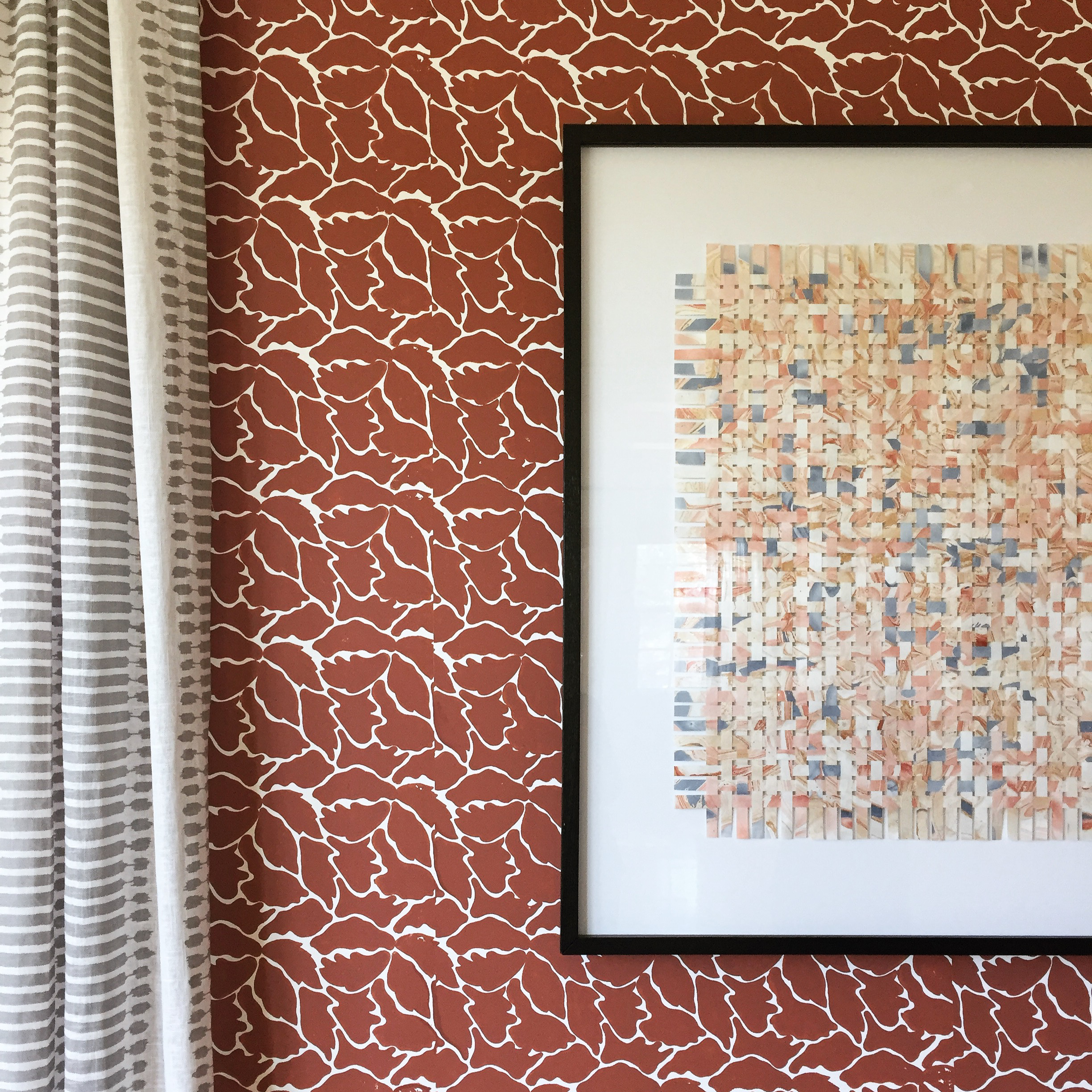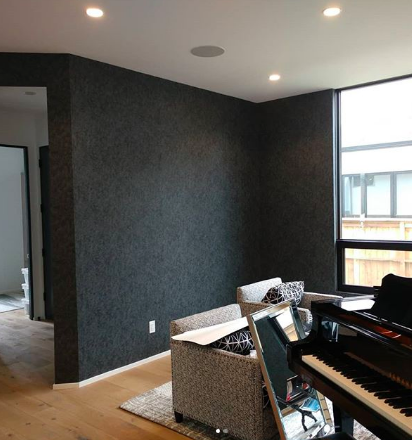Doorways to hidden rooms will always have some allure and mystery. But secret passages are not reserved only for fantasy realms or Tudor castles. In fact, they’re increasingly popular in modern interior design. Homeowners and contractors can use several tools — including wallcoverings — to conceal secret passages. Before we look at those, let's first look at the history of secret passages themselves.
Passages throughout history
A secret passage in Bran Castle, a 14th-century fortress in Romania. Source: wikipedia.com
Humans have used secret passageways and hidden doors for millennia. Egyptians constructed mazes inside pyramids and also used decoy burial chambers to thwart would-be tomb raiders. At the height of sectarian violence during the English Civil War, King Charles II fled persecution and spent days at a time holed up in secret rooms to hide from his pursuers. During World War II, a Dutch family constructed an elaborate trap door to hide Jewish families.
Stories of hidden spaces and places have captured our attention and imaginations throughout history. Today, you can find them in new home construction and building remodels. Some of the most prominent modern examples can be found in celebrity homes. Dan Brown, best-selling author of the decryption thriller The Da Vinci Code, incorporated networks of hidden passageways and secret rooms into his home's design. Brown writes in an office hidden behind a painting.
A video game developer in Texas hid a three-story spiral staircase in the center of his home. He uses the stairwell to access a number of secret rooms, including a wine cellar as well as a science lab.
Hide your own secret
Beyond the intrigue, excitement, and celebrity cachet, secret rooms are creative design elements. Wallpaper or other wallcoverings can be an excellent solution for concealing an unattractive doorway that interferes with a room's decor, easily turning it into a hidden room.

Source: hiddenpassageway.com
Expert wallcovering hangers can produce seamless, invisible designs by following the wallpaper grain and aligning the wallcovering with the door frame. Choose a wallcovering that flows with the room and also isn’t distracting in color or pattern. This will allow a hidden or secret space to flow, providing a cohesive look to a wall, door, or passageway.
Precise wallpaper installation to conceal an entryway can be a difficult task, and it may also require professional precision to deliver the cohesive and consistent appearance you desire.






